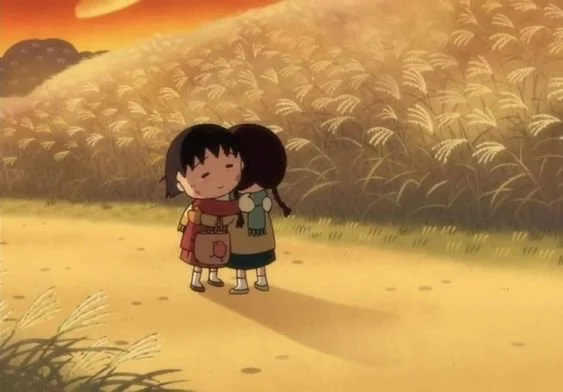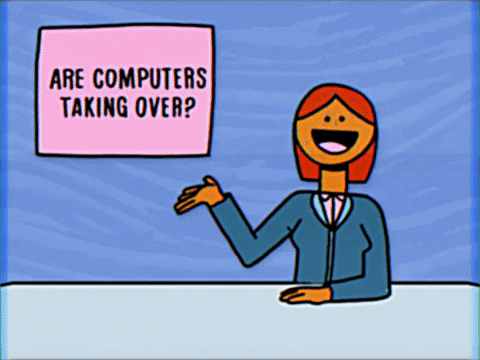Many of us struggle with adult friendships and relationships where we feel depleted when our needs are not met,
grieving when our friendships aren't balanced,
when the energy out isn't being reciprocated.
🌐 True needs challenge the status quo: of assigned conditional rules and requirements for so called “love and care”
Sometimes “love and care” may be disguised as a series of conditions. We may have been taught to meet other's needs first before we get to pursue what we want. Over time, the more we perceive the needs of others, the more we struggle with people pleasing behaviours. Needs will be perceived as a zone for emotional burnout, and uber confusing. ‘Needs’ from conditions are not rooted from a place of love, respect, solidarity and reciprocity.
🌀 People pleasing is giving "I don’t know how to meet my needs”
People pleasing tends to lead us to become disingenuous with ourselves and with others around us. It takes us away from the present moment by predicting what others’ needs are before we know what ours are.
🍄 Needs contain multitudes. They come from a radical, unfixed and abstract space.
We have the right to feel, to transform, to express a range of self to meet mutual understanding of these needs.
🪴 Our needs are true expressions of our identity.
I notice my body slowly ease up whenever I nurture and actively find ways to meet my own needs.
🤚🏼 Refusal for ‘uncomfortable performances’
I hope you will practice taking a few moments every time you are about to reply to a friend to figure out what your needs are with this friendship!
Is it love, appreciation, respect, autonomy, nurturance community, intimacy, safety, security, commitment, consistency, mutual understanding, connection…?
💗 We need culture and companionship that truly loves us.
Just as much we train to predict, foresee, and have gotten really good reading into what other's needs are…
⏰ When you find out what your needs are, what are the things you will have room for?
By working on bracketing out assumptions and decentering how you will be perceived, you get to make space for authenticity, rooted in humanizing responses towards yourself and can then be reflected back to your relationships.
🌳 Needs are not individualized and all needs are equally important!
Our needs are not in the shape of a triangle/hierarchy.
Did you know Maslow, the person who ‘coined’ the hierarchy of needs took Blackfoot first nation’s knowledge and teachings when he spent 6 weeks there in 1938, and shaped human needs to reflect that of white supremacist culture (into a triangle) where needs are individualized.
🧭 If we haven’t even began to decolonize our human needs, no wonder it would be difficult to understand and ‘actualize’ what our needs are!
It makes sense why so many of us are looking desperately for spaces where we feel a sense of community and belonging. And we end up blaming ourselves and the city for being the problem. We haven’t found ways to take care of each other to reach reciprocity yet.
🪨 Staying in care of our needs fuels our demands of a better world. And helps us reclaim the rest/ease our bodies need to thrive in.
There is no need to rush or get to perfection. Unlearning needs is going to be a lifelong process. There will always be time, to reimagine the relationship with needs to reach self-actualization (in my own words, to understand oneself).
🛟 This practice is expansive and life-saving ♡
So please keep coming back to your human needs!









